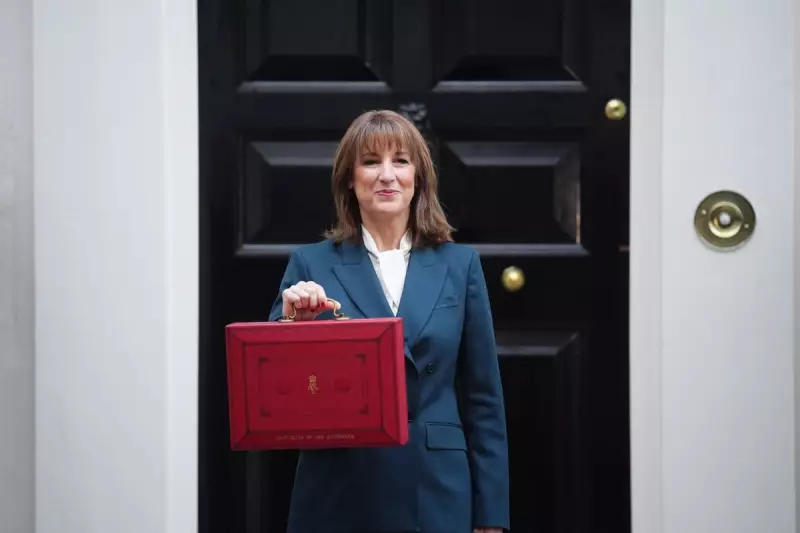
In an extraordinary pre-Budget blunder, the Office for Budget Responsibility has prematurely published its economic forecast, revealing Chancellor Rachel Reeves' plans for significant tax increases and downgraded growth projections for the UK economy.
Economic Forecast and Tax Implications
The independent watchdog confirmed the Budget "raises taxes by amounts rising to £26 billion in 2029-30", primarily through freezing personal tax thresholds and multiple smaller measures. This freeze will drag 780,000 more people into basic-rate tax, 920,000 into higher-rate tax, and create 4,000 additional-rate taxpayers by the 2029/30 financial year.
Meanwhile, the economic growth outlook presents a mixed picture. While the OBR upgraded its 2025 forecast from 1% to 1.5%, subsequent years show concerning downgrades. Growth projections have been reduced from 1.9% to 1.4% in 2026, from 1.8% to 1.5% in 2027, and similarly downgraded through to 2029.
Key Budget Measures Revealed
The leaked document outlines several significant policy changes that will impact households and public finances:
- The fuel duty 5p cut will remain until September 2026 before being reversed through a staggered approach
- Removal of the two-child benefit cap at an estimated cost of £3 billion by 2029-30
- A new high-value council tax surcharge on properties worth over £2 million, expected to raise £0.4 billion
- National insurance charges on salary-sacrificed pension contributions generating £4.7 billion
- Increased tax rates on dividends, property and savings income by two percentage points, raising £2.1 billion
Fiscal Position and Debt Outlook
The government's fiscal headroom against day-to-day spending rules will widen significantly to £22 billion in 2029-30, representing a £12 billion improvement compared to March forecasts. However, national debt is projected to increase from 95% of GDP this year to 96.1% by the end of the decade.
The tax threshold freeze, now extended for three years to 2030/31, will generate approximately £8 billion for the Treasury through fiscal drag as wages increase but thresholds remain static.
This premature publication marks the latest in a series of leaks and early disclosures ahead of the Chancellor's formal Budget statement to the House of Commons, raising questions about protocol and information security within the Treasury.





